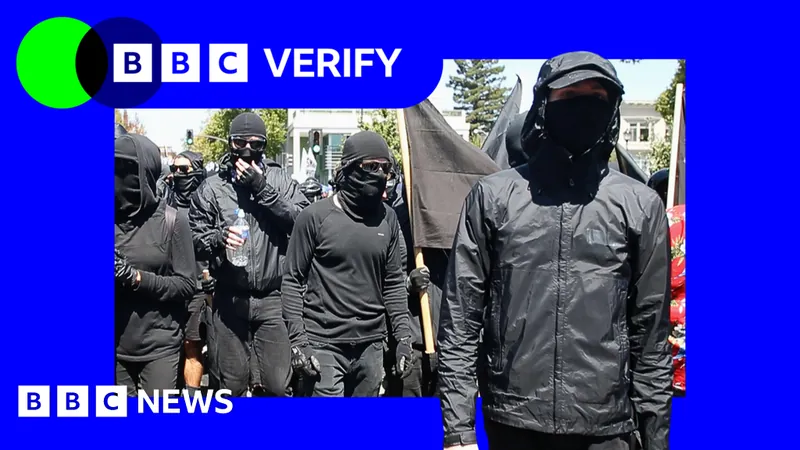
Unmasking Antifa: Why Trump is Focused on This Controversial Movement
2025-09-18
Author: Michael
Antifa Under the Spotlight
In a bold declaration, President Donald Trump has announced plans to label Antifa as a "major terrorist organization" as part of his ongoing campaign against what he sees as a radical left threat. This comes on the heels of the tragic death of conservative activist Charlie Kirk, intensifying the heated debate over Antifa's role in American society.
What Exactly is Antifa?
Short for 'anti-fascist', Antifa represents a loosely connected network of far-left activists united against Nazi and fascist ideologies. The term traces its roots to Germany’s anti-fascist movements of the 1930s. Despite being a decentralized collective lacking a formal structure, Antifa gained significant visibility after the events surrounding Trump’s election in 2016, particularly during the violent protests in Charlottesville in 2017.
Diverse Roots and Methods
Activists associated with Antifa come from various ideological backgrounds, including anarchists, communists, and socialists, usually advocating anti-government sentiments, pro-LGBTQ positions, and immigration rights. However, critics argue that conservatives often paint any group they oppose as part of the Antifa 'threat', further clouding the discussion.
Violence and Tactics: Where Antifa Stands
While many Antifa activists claim their actions are defensive against far-right violence, instances of aggressive tactics have certainly fueled controversy. This includes confrontations with right-wing groups, some of which have escalated into violence. One infamous incident in Berkeley in 2017 saw masked Antifa members attacking right-leaning protesters. Just as alarming, the term 'doxxing'—publicly revealing personal information of perceived adversaries—has emerged as a common tactic among Antifa adherents.
The Legal Quagmire Ahead for Trump
Trump's ambition to brand Antifa as a terrorist organization raises pressing legal questions. Current U.S. law outlines that only foreign groups can be designated as Foreign Terrorist Organizations, leading experts to query how Trump intends to apply such a label domestically. According to resources at George Washington University, such a presidential claim lacks substantial legal weight unless Congress takes action.
Contextualizing Trump's Claims
Historically, Trump has not been shy about criticizing Antifa, previously attempting to designate the group as a terrorist organization in 2020 without follow-through. His renewed focus appears tied to a broader narrative that links Antifa to the dangers of extreme leftist ideologies, especially in light of the violence surrounding Charlie Kirk's death.
Political Violence: Unpacking the Data
Amidst all this, the conversation on political violence in the U.S. continues to evolve. The Department of Justice recently withdrew a significant study indicating that far-right extremists are responsible for more incidents of politically motivated violence than their left-wing counterparts. Experts stress that while the definitions of left and right extremism vary, a sharper focus on the nuances of political violence is sorely needed.
The Bigger Picture
As tensions rise around issues of political violence, free speech, and ideology, Trump's approach raises critical concerns about potential government overreach and the implications for civil liberties. As we await further developments, one thing remains clear: the discourse around Antifa and political violence in America is far from resolved.

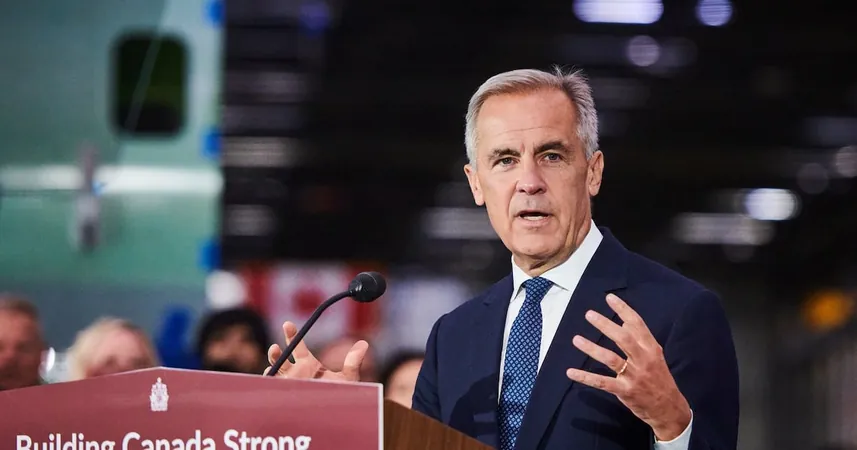
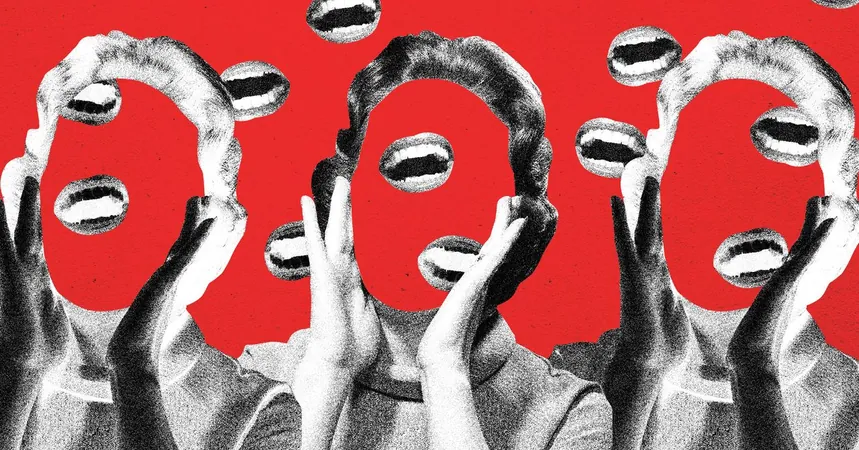




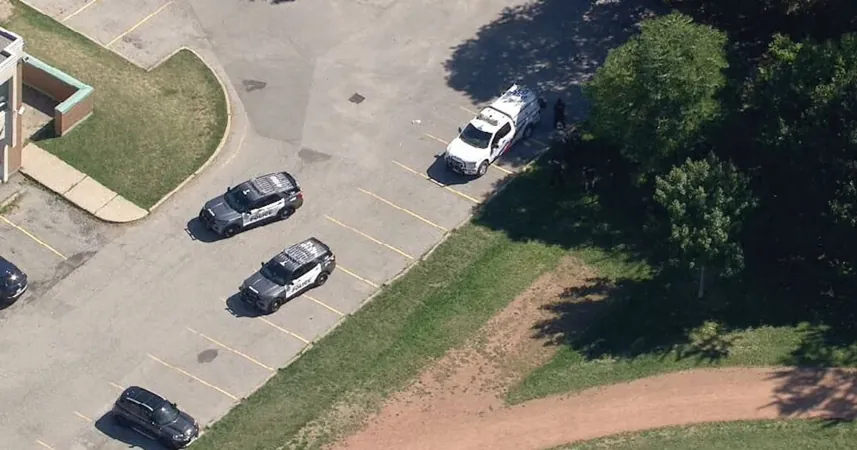
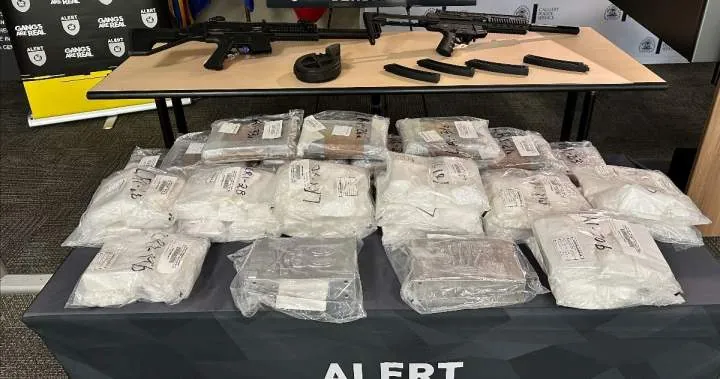
 Brasil (PT)
Brasil (PT)
 Canada (EN)
Canada (EN)
 Chile (ES)
Chile (ES)
 Česko (CS)
Česko (CS)
 대한민국 (KO)
대한민국 (KO)
 España (ES)
España (ES)
 France (FR)
France (FR)
 Hong Kong (EN)
Hong Kong (EN)
 Italia (IT)
Italia (IT)
 日本 (JA)
日本 (JA)
 Magyarország (HU)
Magyarország (HU)
 Norge (NO)
Norge (NO)
 Polska (PL)
Polska (PL)
 Schweiz (DE)
Schweiz (DE)
 Singapore (EN)
Singapore (EN)
 Sverige (SV)
Sverige (SV)
 Suomi (FI)
Suomi (FI)
 Türkiye (TR)
Türkiye (TR)
 الإمارات العربية المتحدة (AR)
الإمارات العربية المتحدة (AR)